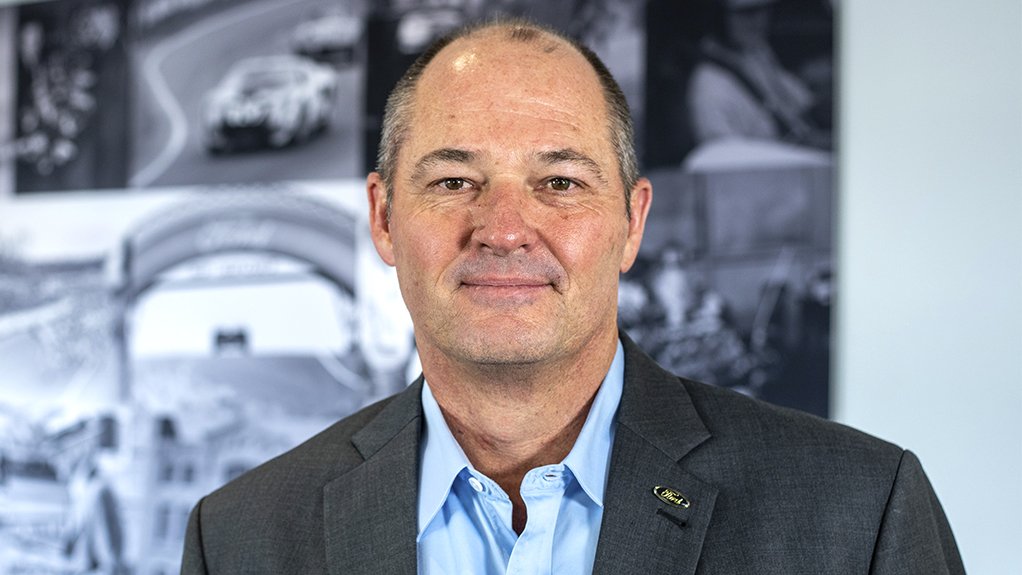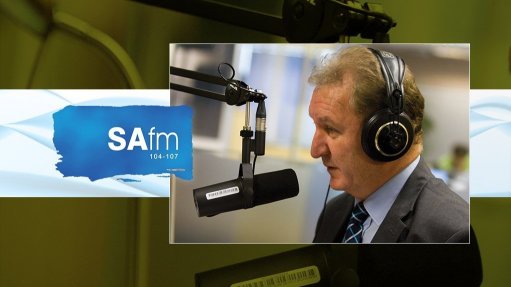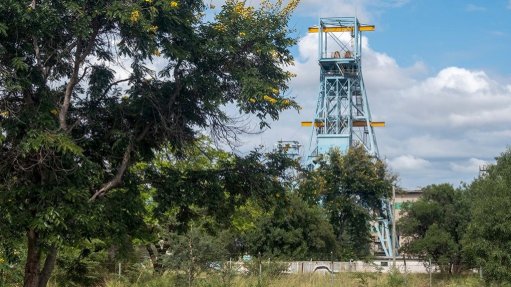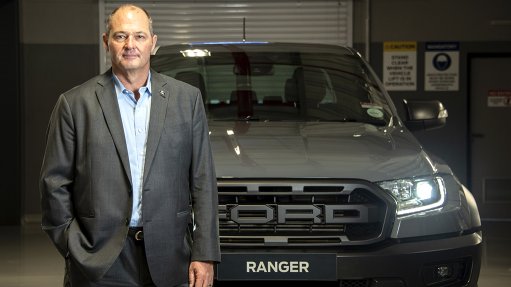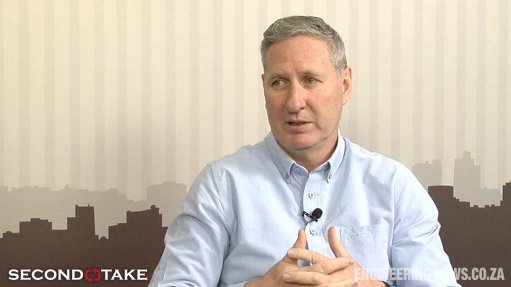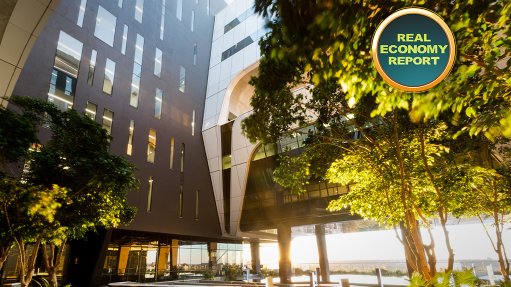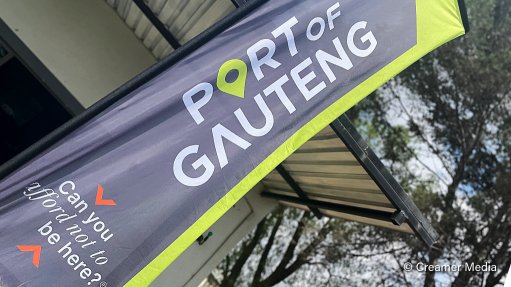Auto industry, govt still at odds over demand-side electric-vehicle incentives
The South African automotive industry has again appealed for the inclusion of demand-side incentives to stimulate the uptake of battery electric vehicles (BEVs), notwithstanding government’s ongoing insistence that any policy framework to support so-called new energy vehicles (NEVs), including BEVs, will be production-led.
Speaking at a naamsa | The Automotive Business Council conference in Tshwane, naamsa president Neale Hill said that the prevailing price premium of BEVs relative to internal combustion engine (ICE) cars was more than 50% currently and that most countries were, thus, implementing demand-side interventions to catalyse sales.
Hill, who also leads the Ford Motor Company of Southern Africa, acknowledged that 60% of vehicle production in South Africa was destined for export markets and that the domestic original equipment manufacturers (OEMs) could not be sustained in the absence of exports to markets that were transitioning away from ICE vehicles.
“But at the same time, it can also not be sustained without the 40% domestic market sales. So, both demand- and supply-side support is required,” he argued.
An analysis of South Africa’s vehicle exports also showed that, while four of South Africa’s seven OEMs exported more than 50% of their vehicle production, with two exporting more than 90%, there were three OEMs exporting less than 50% of their units.
Although Trade, Industry and Competition Minister Ebrahim Patel, who was initially expected to address the conference, was unable to attend, Department of Trade, Industry and Competition acting director-general Malebo Mabitje-Thompson reiterated government’s reluctance to extend incentives to stimulate BEV demand.
“As far as BEVs are concerned, we believe the most viable way to help take the sector to the next level is going to be through a manufacturing-focused approach and we want to start with the production of BEVs in South Africa as an initial point.
“We don't want to risk South Africa becoming the last place where ICE vehicles are produced while other countries capture BEV production and it's for that reason that we are saying: ‘let’s start here first’.”
Besides settling on the future incentives for BEVs, Hill also reiterated the industry’s position that it was urgent for South Africa to finalise its policy framework for NEVs, noting that three in every four vehicles exported were destined for either the UK, or markets in the European Union where the sale of ICE vehicles would be banned in 2030 and 2035 respectively.
He argued that the impact of the bans would be felt well before the official date of prohibition, with South Africa’s exports to countries that had bans entering into force in 2025, such as Norway, having already slumped.
“The concern is that, if this trend also applied to the UK, our top export destination for vehicles, Germany at number two, Belgium at number seven and the Netherlands at number 10, then the impact on our vehicle and component exports will be felt long before 2030.”
ERWIN CALLS FOR URGENCY
Former Trade and Industry Minister Alec Erwin also underlined the need for urgency, responding to a question on what advice he would offer to government, he made the following quip: “Well, I could put it in technical economic terms: ‘I think we’ve got to move our ass!’.”
Erwin argued, however, that he did not see the current transition as presenting as existential a threat to the South African industry as was the case in the 1990s when the automotive industry was forced to shift from a structure based on inward industrialisation, supported by high tariffs, to one that was internationally competitive and integrated into global markets.
“I don't see this as a massive shift, I see it as a massive opportunity. Why? Precisely because firstly, we've got this capacity of production and advanced manufacturing production; we are not semi-knocked down plants that are common in the rest of Africa, we have full-blown integrated manufacturing facilities – we're going to have to make changes, but we've got the capacity to do so,” Erwin averred.
“Secondly, and very importantly, we've got a well-managed industrial policy. It's not dependent on government departments doing everything. It's dependent on a partnership between government and the organised industry.”
Erwin, therefore, did not believe there had to be a fundamental change to the current version of the Automotive Production and Development Programme, or APDP2, to stimulate the transition and even argued that steps could be taken by industry immediately without any policy changes.
This point was underlined by Mabitje-Thompson who noted that there was no constraint on the manufacture of hybrids under APDP2, while Toyoto South Africa CEO Andrew Kirby argued that it might be time to make a start as the industry, even if at a small scale.
“This is really important, because if we wait five years and wait for that 100 000-vehicle market we’re going to lose out,” Kirby warned.
Erwin even argued that South Africa and Africa should approach the transition with confidence rather than trepidation, especially given that most of the minerals required for NEVs were located on the continent.
“New partnerships in this value chain will have to evolve and this must give us a major opportunity.
“It's not a simple issue, not automatic. The mistake we mustn't make here in this country is to lose confidence in what we have. We've got massive resources, we've got capacity, we've got a very experienced and sophisticated policymaking community. Let’s use it,” he said.
There was, however, growing anxiety about the impact of ongoing loadshedding and surging logistics cost on the competitive positioning of an industry that had to bid against other plants within multinational groups to secure new production platforms.
Volkswagen South Africa (VWSA) MD Martina Biene, who remains optimistic that the VWSA plant in Kariega will secure a new ICE product in 2026/27, reports that she is spending a significant amount of time explaining loadshedding to her principals in Germany.
In addition, surging logistics costs meant that “we are at a point where all the advantages of the rebate scheme under the APDP are being eaten up”, making it increasingly difficult to justify exports to Europe in a context where the global group had multiple plants on that continent.
The company was responding by prioritising a growth in sales to Africa markets, where South Africa had a logistics advantage.
Comments
Press Office
Announcements
What's On
Subscribe to improve your user experience...
Option 1 (equivalent of R125 a month):
Receive a weekly copy of Creamer Media's Engineering News & Mining Weekly magazine
(print copy for those in South Africa and e-magazine for those outside of South Africa)
Receive daily email newsletters
Access to full search results
Access archive of magazine back copies
Access to Projects in Progress
Access to ONE Research Report of your choice in PDF format
Option 2 (equivalent of R375 a month):
All benefits from Option 1
PLUS
Access to Creamer Media's Research Channel Africa for ALL Research Reports, in PDF format, on various industrial and mining sectors
including Electricity; Water; Energy Transition; Hydrogen; Roads, Rail and Ports; Coal; Gold; Platinum; Battery Metals; etc.
Already a subscriber?
Forgotten your password?
Receive weekly copy of Creamer Media's Engineering News & Mining Weekly magazine (print copy for those in South Africa and e-magazine for those outside of South Africa)
➕
Recieve daily email newsletters
➕
Access to full search results
➕
Access archive of magazine back copies
➕
Access to Projects in Progress
➕
Access to ONE Research Report of your choice in PDF format
RESEARCH CHANNEL AFRICA
R4500 (equivalent of R375 a month)
SUBSCRIBEAll benefits from Option 1
➕
Access to Creamer Media's Research Channel Africa for ALL Research Reports on various industrial and mining sectors, in PDF format, including on:
Electricity
➕
Water
➕
Energy Transition
➕
Hydrogen
➕
Roads, Rail and Ports
➕
Coal
➕
Gold
➕
Platinum
➕
Battery Metals
➕
etc.
Receive all benefits from Option 1 or Option 2 delivered to numerous people at your company
➕
Multiple User names and Passwords for simultaneous log-ins
➕
Intranet integration access to all in your organisation



